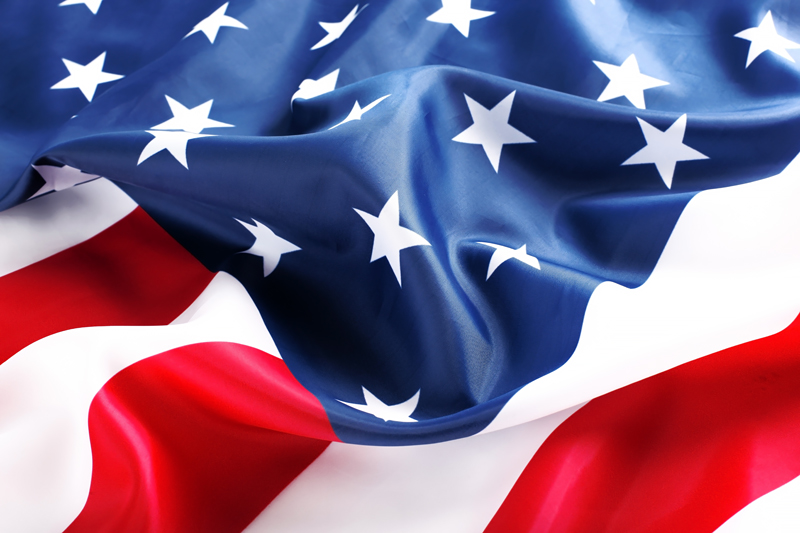When I first embarked upon my adventure working with the family campground industry over four decades ago, most campgrounds were owned and operated by a mom and pop. In many instances, either their last name or a combination of their first names also served as the name of their campground. They provided a highly personalized, but likely less than profitable, service to their guests. It was literally a labor of love. They knew the names of every camper who stayed at their park, even the transients who were there for their first of what would turn out to be many weekends. It was the owners themselves who sat behind the registration desk, mowed the grass, collected the trash, cleaned the restrooms, answered the phone (yes, just one landline phone), and took reservations that were secured with the equivalent of a handshake. Larger parks had the owners’ sons and daughters helping out on weekends and during summer school vacations. Reservations came in the mail as often as over the telephone, and they were typically written with erasable markers on a big white board behind the desk. They provided the kind of quiet, relaxed experience that many people nostalgically recall today, when kids were satisfied with catching frogs in a pond and their parents were content with breathing clean country air and sleeping under star-filled skies.
Times have changed. The campground business now calls itself the outdoor hospitality industry, and mom and pop have either passed away, turned the keys over to their sons and daughters, or sold to new owners with more modern business ideas. Just think of some of the things that seem so essential to running a campground today that did not exist 40 years ago: cell phones, WiFi, websites, Google, sponsored search advertising, social media, campground management and online reservation software, credit card processing, reputation management, water attractions, jumping pillows, dog parks, 50 amp electric hookups, mining sluices, hot tubs, karaoke, slide-outs, glamping, and playgrounds that consist of more than a swing set, teeter-totter, and maybe a merry-go-round … not to mention buyers coming out of the woodwork and people telling you that your business needs a presence on TikTok!
I have made no secret of the fact that I disapprove of many of the changes that have taken place in the campground industry in recent years. In particular, I believe that the trend toward corporate ownership and real estate investment trusts is bad for the industry and bad for the future of camping. I have written in the past about the parallels between what is happening in the campground industry today and what has taken place in the ski industry (where I actually started my business in 1980, prior to embracing the campground industry in 1982). I am still an avid skier, and I appreciate the senior flex lift passes (on RFID cards these days, of course) at my local ski areas, at a time when the bulk of the world’s ski resorts have been bought up by a handful of conglomerates that have priced skiing out of the reach of most families.
Near the price pinnacle during the 2023-24 ski season, a season pass at Aspen Snowmass would set you back at $3,314.00 per person, a weekday adult ticket was $244.00, and a weekday child’s ticket was $179.00. The Aspen Snowmass parent, privately owned Alterra Mountain Company, owns 17 ski resorts through a series of acquisitions in the United States and Canada, essentially fixing prices through its Ikon Pass. Vail Resorts, valued at $6.25 billion in 2021, owns 43 ski resorts throughout the United States, Canada, Australia and Switzerland, essentially fixing prices through its Epic Pass. Each of these companies has also partnered with additional resorts in South America, New Zealand, and Japan to extend their reach even further. Even if they can afford to pay the price, with limited ticket sales in effect at most ski resorts these days, skiers are essentially locked out of what used to be their favorite mountains unless they purchase the respective season pass. There are smaller multi-resort passes, with a more limited reach from Mountain Collective and Indy Pass … but – stop the presses! – Ikon, Epic and Mountain Collective have recently announced a merger that will introduce the new “THE Ski Pass” at $4,079.41, according to the conSKIerge website.
It doesn’t take a rocket scientist, and I do not claim powers of clairvoyance, to see where things are headed in the outdoor hospitality industry today. At a time when ski resorts are now charging you to park your car or check your boot bag, campgrounds are introducing fees for everything from locking in a specific campsite (following in the footsteps of the airlines charging you to select a seat) or using a credit card for payment. If the trends continue, it will not be long before the families who cannot afford to ski will no longer be able to afford camping. Until recently, the campground industry represented a camaraderie, where park owners supported one another, supported long-time vendors who supported their industry, and supported the associations that supported their interests. That is changing. Membership in associations is declining, and ownership groups are attempting to reduce costs through self-insurance, direct buying, and other means of circumventing the established distribution channels of essential products and services. This, in turn, is leading to an aggressively more competitive environment among suppliers. Does the industry really need 25 or more online reservation service providers? In my own business, I recently caught a competitor (rhymes with “big pig encyclopedia”) whose husband-and-wife sales team was directly contacting my clients with a sales pitch that pushed the ethical boundaries. This never would have occurred years ago. Mom and pop are turning over in their graves.
This post was written by Peter Pelland

